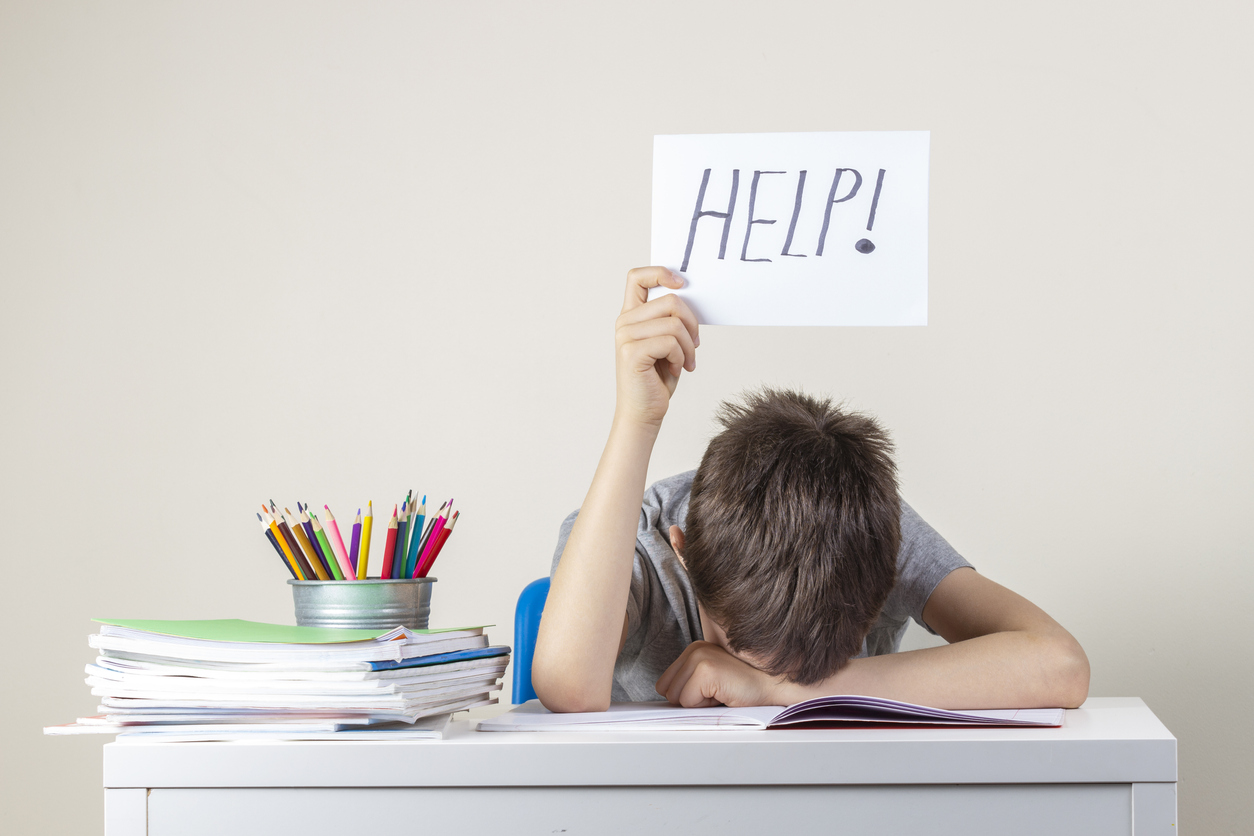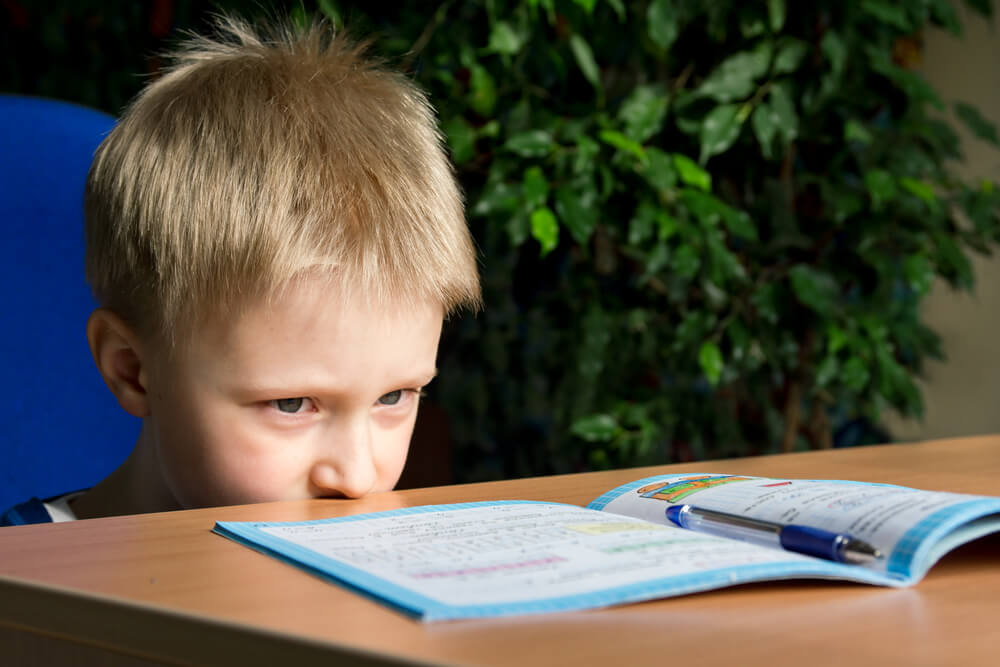
Waiting to See is Waiting to Fail
The wait-to-see approach has been failing children for decades. It focuses on “waiting to see” how kids will do with more time and even retaining kids in the hopes that

The wait-to-see approach has been failing children for decades. It focuses on “waiting to see” how kids will do with more time and even retaining kids in the hopes that

Back-to-school time can be stressful for families of students with learning differences, but it doesn’t have to be. By setting up the right environment and getting organized before school starts,

The start of a new school year is exciting for many reasons. However, for children with learning differences, a new school year also means anxiety about all the new changes

Effort is often overlooked in favor of performance. The problem is that praising children for their intelligence often focuses on outcomes instead of processes or behaviors. Ultimately, this can discourage

There are so many things we want to do as parents: spending quality time with our kids, getting them ready for school and daycare/after-school activities, making sure they eat well

Homework is a significant part of school life, but not all students feel confident doing their homework independently. At The Learning Lab, we help students build their confidence by improving

The human brain is the most complex natural organ yet discovered, so much so that it takes some high-level organization and specialized operations to run it. Our brains conduct a

It is estimated that dyslexia impacts about 20% of the general population. It begins with children, and if it is not identified and remedial steps have not begun by the

Having a healthy sleeping pattern is tough enough for adults, never mind children with ADHD. Fortunately, there are things you can do to help them have a good night’s sleep.

A national parent survey found that around 6.1 million children (9.4%) have ADHD. When many think of attention-deficit/hyperactivity disorder (ADHD), they picture young children. However, around 3 million people with ADHD are between the ages of 12-17. There are many questions and some breakthroughs about how the condition changes as children get older and approach adulthood.
We look at what parents can expect of tweens and teens with ADHD.